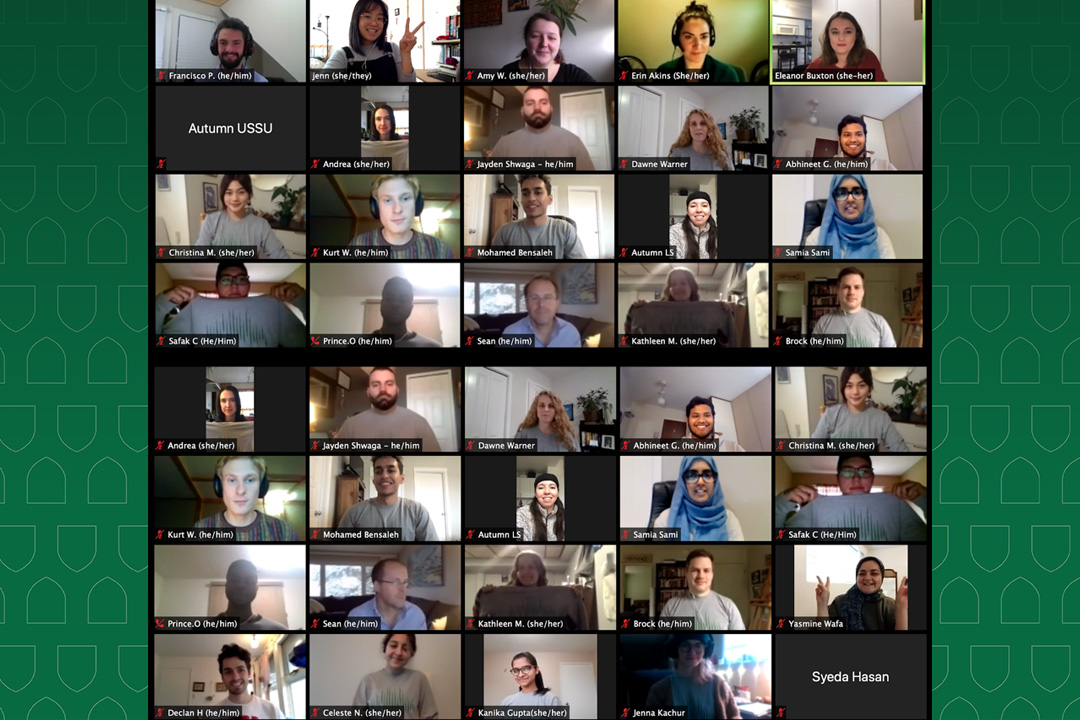
USask students 'Hack it Out' to tackle a future of sustainable work in Saskatoon
How are local business and education leaders learning how to create a sustainable future in the Saskatoon? By listening to youth.
By SubmittedThat was the approach taken during the first ever Saskatchewan-based Youthful Cities program last week. The week-long event that began on Oct. 26 brought together a diverse group of University of Saskatchewan (USask) students to tackle the city’s sustainable future, with a focus on climate action, tech innovation and local food systems.
Presented by RBC Future Launch and in partnership with USask, the event formed groups of the 15 participating delegates together, who were given the challenge of conceptualizing a tangible and unique solution to address the following question:
How to improve the future of sustainable work in Saskatoon, through an innovative idea focusing on climate action, tech innovation, or local food systems.
The Hackathon culminated with a Friday afternoon webinar providing the opportunity for each team to present their ideas and solutions to well-networked panelists from the Saskatoon area, including representatives from RBC and USask.
Each group had just a few minutes to pitch their ideas to the panelists and receive their feedback with the hope of creating momentum, and be provided funding to tangibly implement their ideas moving forward.
In the end, two concepts focused on the following initiatives were awarded access to funding of $1,500 each. The awarded concepts included:
- Kick start a pilot project to implement heated bus shelters in downtown Saskatoon, utilizing renewable solar energy.
- Creation of a waste management app, tracking the amount of waste produced for users within Saskatoon.
“I loved participating in the Future of Sustainable Work Hackathon”, said Celeste Nunez, a native of Ecuador who moved to Saskatoon in 2016 to attend USask. “I felt supported and empowered to come up with initiatives to promote the sustainable future of Saskatoon."
Nunez, an environmental science major who also produces a podcast ‘Latinas’ in Stoon’, was part of the team who will be receiving funding to move forward with the goal of implementing their idea of solar energy heated bus shelters.
“It is exciting and encouraging to know that funding from RBC is available to actually put our ideas into practice,” continued Nunez. “Having folks come together to work for a common goal is so powerful.”
The concepts presented to well-networked representatives to tackle key youth issues was just the first step, with the hope of continuing the momentum of implementing and executing these youth-led ideas, with the support of this funding, to ensure youth are well positioned for a sustainable future.
“We’ve had such a blast this week,” said Eleanor Buxton of Youthful Cities. “It has been so inspiring to see everyone come together during such challenging times, to get creative about ways to improve their city. We can’t wait to see the next steps for our teams as they launch their initiatives in Saskatoon.”

